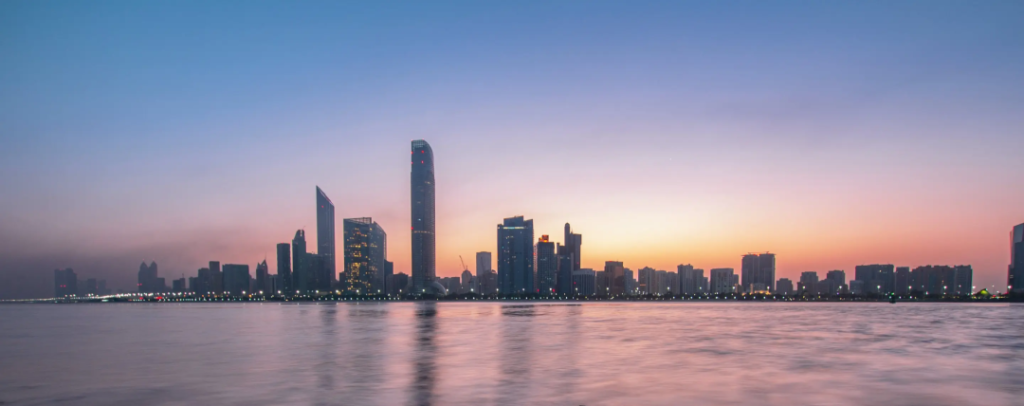Address
85 Great Portland Street, First Floor, London, England. W1W 7LT
Phone: (+44) 7735159886
Address
85 Great Portland Street, First Floor, London, England. W1W 7LT
Phone: (+44) 7735159886

Against the backdrop of multiple challenges facing the Egyptian economy, the United Arab Emirates (UAE) and Egypt have recently reached a landmark investment agreement. The UAE’s Abu Dhabi Holding Company (ADQ) will invest in the development of a tourist destination along the Mediterranean coast, injecting $35 billion in foreign direct investment into the struggling Egyptian economy.

The $35 billion investment plan was formalized as the Ministers of Housing for Egypt and the Minister of Investment for the UAE signed the investment agreement. A consortium led by the UAE sovereign wealth fund, ADQ, will invest $24 billion to develop the Ras El Hekma (also known as al-Hikma) new city. This project is one of Egypt’s largest tourism development initiatives and will feature an airport managed by the UAE. Located approximately 350 kilometers northwest of Cairo, the project covers an area exceeding 170 square kilometers. The implementation is expected to be a joint effort between the New Urban Communities Authority in Egypt and the UAE’s ADQ, attracting investments exceeding $150 billion. Additionally, ADQ will invest $11 billion in various development projects across Egypt.
About ADQ, established in 2018, it is one of Abu Dhabi’s three major sovereign wealth funds, contributing approximately 22% to Abu Dhabi’s non-oil GDP in 2022. ADQ’s portfolio spans seven sectors, including energy and power, agriculture, transportation logistics, and sustainable manufacturing. The fund holds stakes in key UAE projects, such as the Abu Dhabi National Energy Company (TAQA), the UAE Water and Electricity Company (DEWA), and the Etihad Rail Company. Since its establishment, ADQ has consistently pursued asset consolidation and global strategic positioning, collaborating with sovereign funds from countries such as Egypt, Turkey, and Azerbaijan.
This investment is expected to provide Egypt with ample liquidity at a time when the Egyptian economy is facing various challenges, including continuous devaluation of the Egyptian pound, high external debt, and a debt repayment obligation exceeding $40 billion in 2024. The conflicts in the Palestinian-Israeli region and tensions in the Red Sea area have resulted in widespread disruptions to the Red Sea international shipping routes, severely impacting Egypt’s tourism industry, a crucial source of foreign exchange. Additionally, the income from the Suez Canal has significantly declined, leading to a severe foreign exchange shortage. The $24 billion foreign direct investment and the UAE’s $11 billion deposit in the Central Bank of Egypt will be disbursed within two months, marking the largest foreign direct investment Egypt has ever received. In response to this news, the unofficial market saw a decline in the USD/EGP exchange rate, and Egyptian foreign bonds surged on February 23, becoming the best-performing sovereign debt in emerging markets.

Farouk Soussa, an economist at Goldman Sachs, stated that the scale of the investment far exceeds expectations, providing Egypt with an opportunity to restore bidirectional liquidity in the foreign exchange market in the coming weeks. If ADQ’s investment plan is successfully implemented, along with the IMF financing plan, it will offer sufficient liquidity to Egypt, filling the financing gap for the next four years. Subsequently, the Egyptian government may sign more investment agreements to increase the country’s foreign exchange sources.
Currently, Egypt is in discussions with the IMF regarding a loan agreement, with one of the conditions being exchange rate liberalization. The ADQ investment will provide Egypt with foreign exchange buffers, preventing a significant decline in the exchange rate and potentially facilitating the achievement of an IMF agreement.